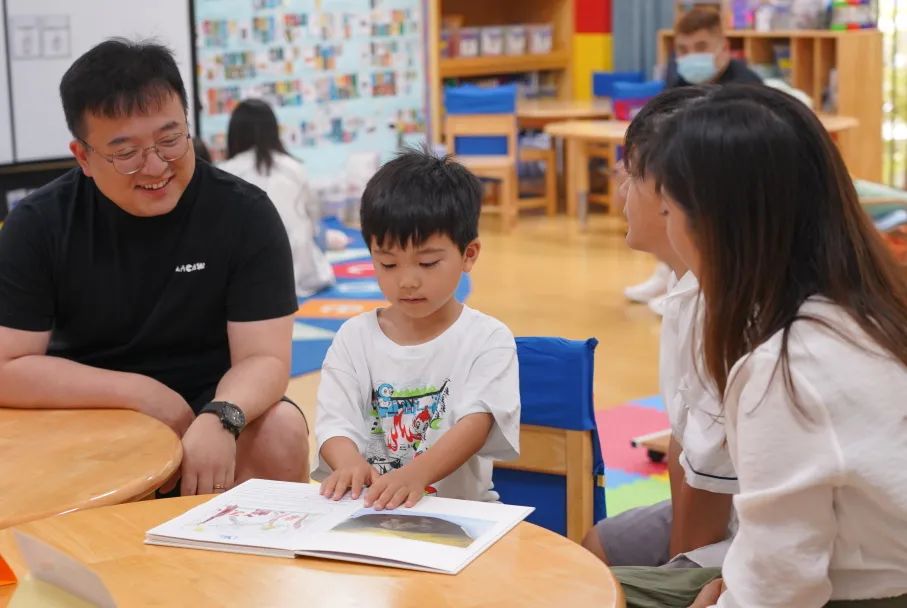Students can prepare for the IB music course by developing personal and expressive forms of creative music-making, exploring a wide range of musical genres, and engaging with diverse musical material. They can also improve their analytical skills, cultural understanding and international-mindedness. It is not necessary to have formal prior training in music, but students may benefit from attending external performances, rehearsals and workshops with musicians, and from learning a musical instrument or participating in musical activities outside of school.
Additionally, they can develop their research, communication, teamwork, self-management and critical thinking skills, and familiarize themselves with the syllabus components, assessment tasks and criteria.




